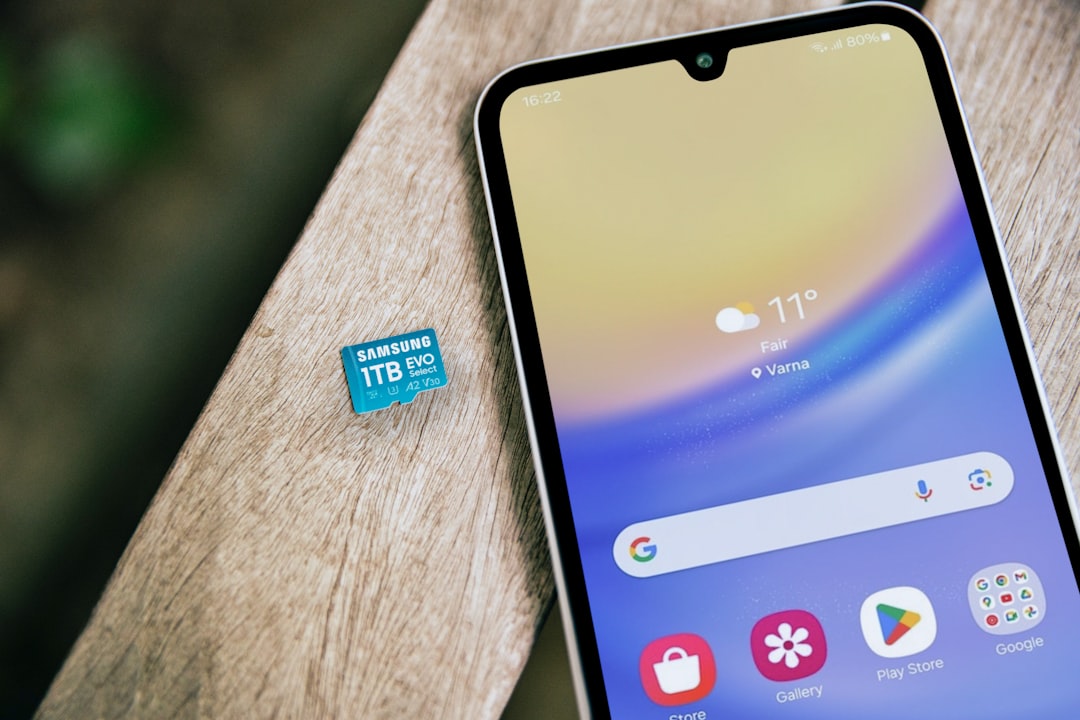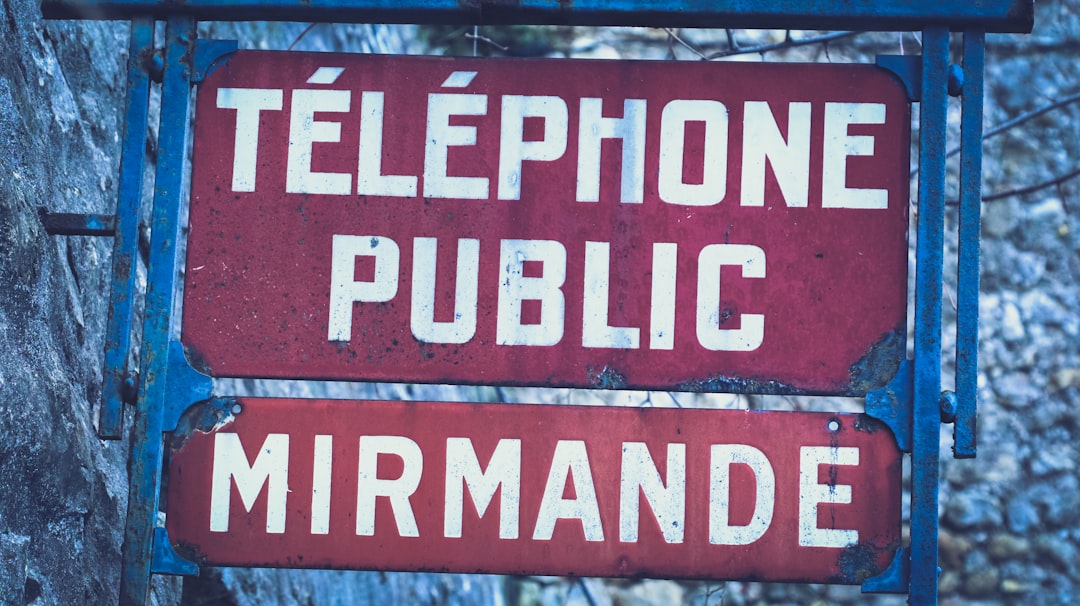Nevada's updated autodialer laws strictly regulate telemarketing calls, emphasizing consumer consent and opt-out options for law firms to avoid substantial fines. These regulations require clear disclosures, explicit consent, and mandatory opt-out mechanisms, with stringent penalties for non-compliance, necessitating proactive measures by autodialer law firm Nevada operations.
“Unraveling the latest legislative shifts, this article offers crucial insights into the evolving landscape of robocall regulations, particularly focusing on Nevada’s new autodialer laws and their implications for law firms. With key changes impacting how businesses conduct outbound calls, understanding these updates is essential for legal professionals to navigate legal requirements effectively. By exploring ‘auto dialer law firm Nevada,’ we guide practices through adapting their strategies to comply with these dynamic rules.”
Understanding Nevada's New AutoDialer Laws for Law Firms

Nevada has recently introduced stringent new regulations regarding auto dialers, aiming to protect residents from unwanted robocalls. For law firms operating in this state, understanding and adhering to these laws is crucial. The new autodialer laws in Nevada strictly regulate the use of automated dialing systems for telemarketing or marketing purposes.
Law firms must ensure that their phone marketing campaigns comply with these rules, which include obtaining explicit consent from callers before making any automated calls and providing a clear opt-out option during each call. Failure to adhere to these regulations can result in significant fines, emphasizing the need for law firms to implement robust procedures to prevent robocalls and respect consumer privacy.
Key Changes in Robocall Regulations: What Firms Need to Know

Recent legislative changes have brought significant updates to robocall regulations, impacting businesses across various industries, especially those in the Nevadas with autodialer technologies. Key takeaways for law firms and companies conducting automated calls include stricter do-not-call requirements, enhanced consumer protections, and mandatory opt-out mechanisms.
Firms operating in Nevada need to be aware of these shifts. The new rules often mandate clear disclosures and explicit consent before making automated phone calls, with penalties for non-compliance. Understanding the nuances of the autodialer law is crucial for businesses aiming to stay within regulatory boundaries while effectively utilizing marketing strategies that incorporate automated technologies.
Navigating Legal Implications: Adapting to Evolving Robocall Rules

Navigating the legal implications of evolving robocall regulations is a complex task for businesses and law firms alike, especially in states like Nevada with stringent autodialer laws. As rules shift to protect consumers from unwanted automated calls, companies must adapt their marketing strategies and internal processes. This often involves reevaluating existing practices and ensuring compliance with the latest legislation.
For an autodialer law firm in Nevada, staying ahead of these changes is crucial. They must guide clients on modifying call scripts, implementing do-not-call lists, and understanding the legal boundaries for robocall campaigns to avoid penalties and maintain consumer trust. Keeping abreast of these developments ensures that both businesses and legal professionals can navigate this dynamic landscape effectively.






